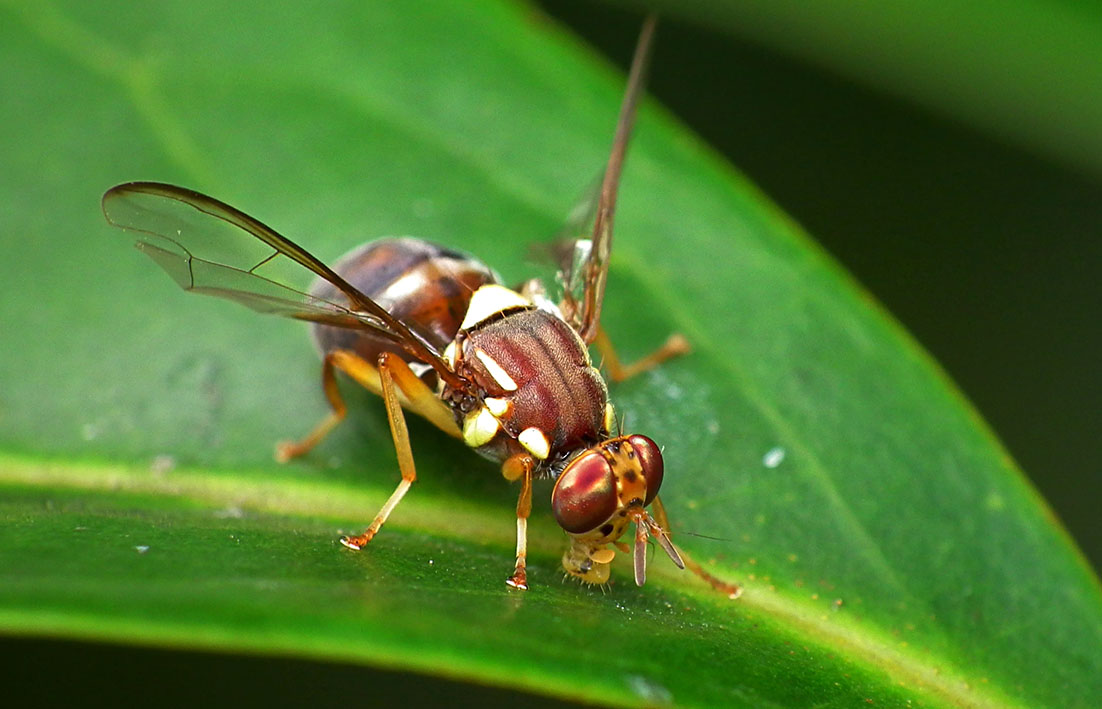
RESIDENTS are encouraged to help protect the state’s vital agriculture industry from potentially damaging pests and diseases by signing up for the annual biosecurity blitz.
The month-long event begins on October 16, with the community asked to be on the lookout for interesting insects and plants living in backyards, bushland and parks across the suburbs.
Most are harmless but some may damage the garden or threaten WA’s forests and agriculture industry.
Last year there were 1252 reports during the blitz, and these reports improve chances of eradication, safeguarding WA’s access to international trade markets.
The Department of Primary Industries and Regional Development (DPIRD) is currently responding to two key pests in the metropolitan area, the Queensland fruit fly (Qfly), and polyphagous shot-hole borer.
Agriculture and Food Minister Jackie Jarvis said the biosecurity blitz was a fun way for families to join the surveillance efforts for these pests and protect the state’s agricultural sector and the environment.
“Every report helps to increase the likelihood that serious pests and diseases will be detected early, giving us a better chance to eradicate or contain them.
“Negative reports or zero detections of specific pests can also support our access to valuable export markets for our fruit and vegetable produce.”
Meanwhile, DPIRD’s Qfly biosecurity response is continuing to work towards eradication.
A DPIRD spokeswoman said it was too early to determine the future of the quarantine area notice.
“DPIRD thanks the residents, businesses and the community for their continued vigilance and support to eradicate this potentially damaging pest,’’ she said.
“The department continues to liaise with Swan Valley growers via a working group, as well as industry updates and briefings.”
Reporting during the biosecurity blitz is easy, use a mobile phone to upload pictures and information to the MyPestGuide reporter app or online portal.
For more information or to sign up, click here.